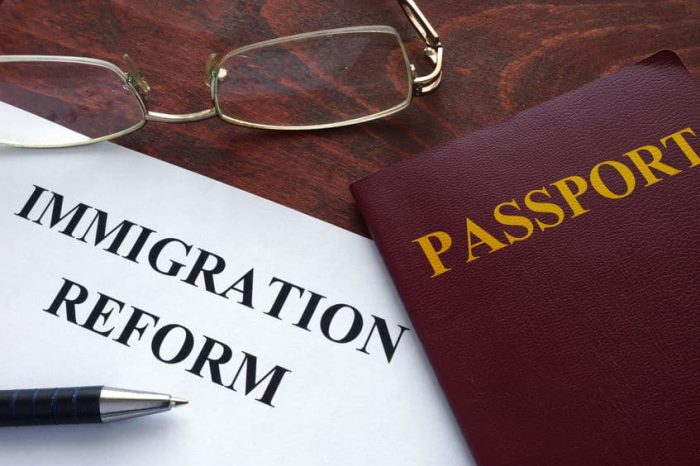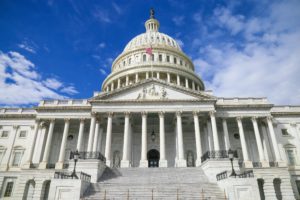House Representative Linda Sanchez (D-Calif) and Senator Bob Menendez (D-N.J.), sponsored and introduced the United States Citizenship Act last February 18, 2021.
The New Immigration Reform Bill
The New Immigration Reform Bill is a campaign for a broader immigration reform that includes increasing the quota for available visas, giving more chances for highly skilled workers, and granting more citizenship to undocumented immigrants.
Currently, there are 11 million undocumented individuals residing in the United States. The bill proposes the eight-year path to citizenship for “Dreamers,” TPS beneficiaries. Central America will receive increased assistance to combat the deep-rooted causes of immigration. The bill also addresses the asylum policy changes and immigrant employee-related visa issues.
The bill also highlights the economic benefits of increasing immigration with concerns for United States workers.
Below are the key proposals for immigrant visas:
- Adding the remaining visas from the fiscal year 1992 – 2020 to increase the quota of available employment-based green cards for each year. This goes from 140,000 to 170,000.
- Removing quota limitations for those whose immigrant visa petitions have been approved and who have been waiting to adjust status for more than 10 years;
- Removing the country-based caps at the start of the fiscal year 2022.
- Exemption for U.S. doctoral STEM graduates from the numerical limitations;
- Piloting the regional economic development program that will cater to 10,000 additional immigrants every fiscal year.
- Authorizing the Department of Homeland Security (DHS) and the Department of Labor (DOL) to temporarily reduce the admission of EB-2 and EB-3 immigrants during times of high unemployment in particular labor markets or geographic areas.
For the nonimmigrants, temporary work visa provisions are the following:
Allowing all H-4 spouses and children to work and be employed.
F-1, H-1B, L, and O status will be allowed to get one-year extensions of work authorization if they have a pending immigrant visa petition or labor certification authorization for more than one year.
Exemption for F-1 students taking higher education from dual intent restrictions and;
Prioritizing the distribution of H-1B visas based upon offered wage as facilitated by DHS and DOL.
The New Immigration Reform Bill shows great promise to those aspiring for immigration reform and a wider and bigger reformation for a more skill-based immigration system that will strengthen the United States economy in the long run.
The Dream and Promise Act of 2021
The Dream and Promise Act of 2021 will provide an opportunity for almost 2.3 million Dreamers, those individuals illegally brought to the United States as children. Temporary Protected Status (TPS) holders and Deferred Enforced Departure (DED) for United States citizenship. Conditional Permanent Residency will give them protection from deportation and allow them to work legally within the United States. They can also travel in and out of the United States within 10 years.
The Farm Workforce Modernization Act of 2021
The Farm Workforce Modernization Act of 2021 is about refining the process of immigrants’ migration to the United States to work in the agricultural sector. The bill focuses on finding ways to help the current undocumented immigrants to legalize their stay in the United States and eventually become permanent citizens of the country.
The bill introduces Certified Agricultural Worker (CAW) ,a new temporary worker visa program. Eligibility requirements will be established for the undocumented agricultural workers to obtain the CAW visa that is renewable every five years. After in CAW status, for four years and 10 years of past agricultural years will entitle the worker to apply for a green card.
The Act also requires all employers to implement an E-Verify system to make sure all CAW are accounted for.
Both bills are pushing for broad immigration reforms that will offer a brighter future for those hoping to get citizenship in the country. The economy is foreseen to have a more productive labor force, greater entrepreneurship, improved labor market skills. The New Immigration Reforms can be a powerful tool for economic advancement as the country steps forward from Covid-19 recession.







 by Prozco®
by Prozco®